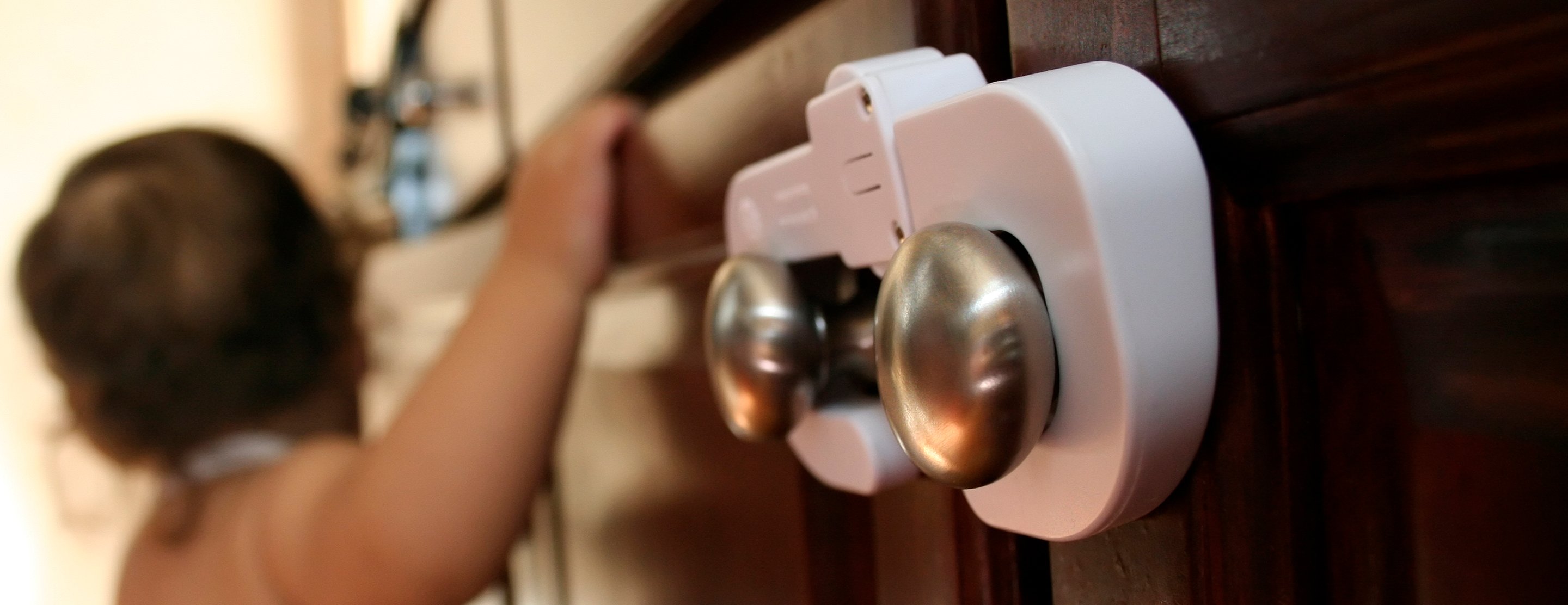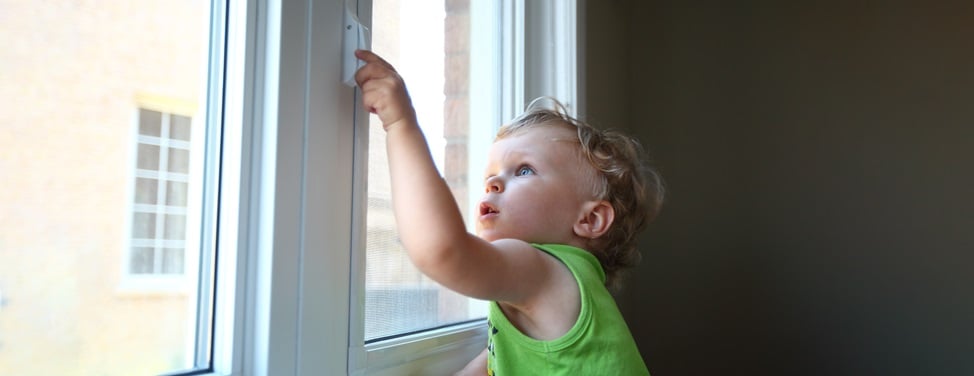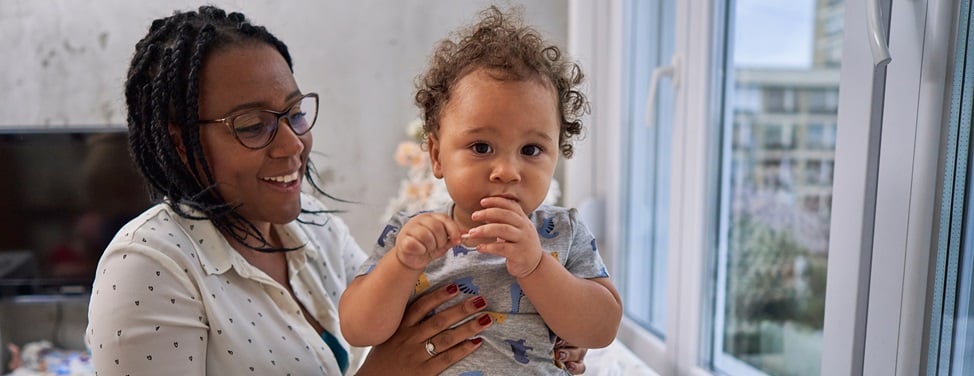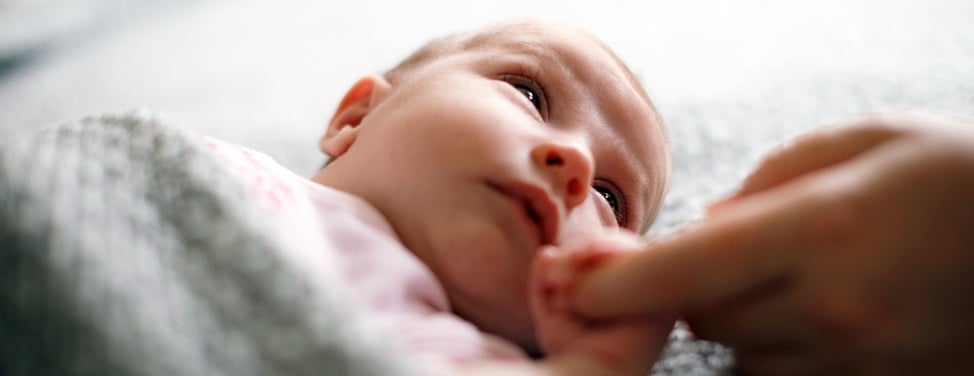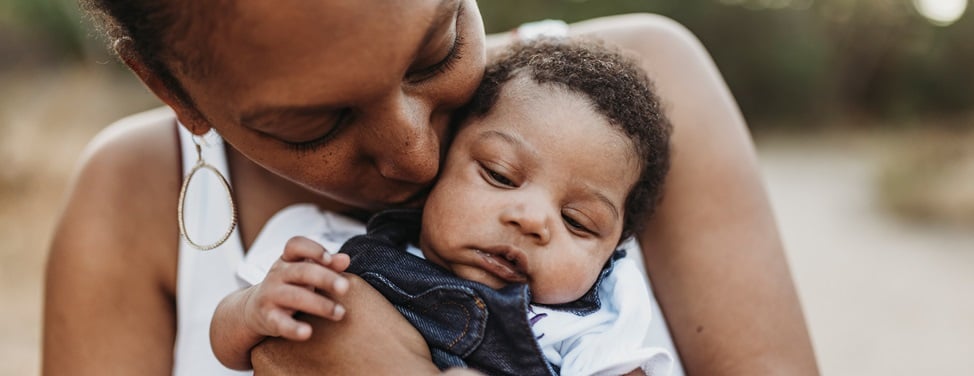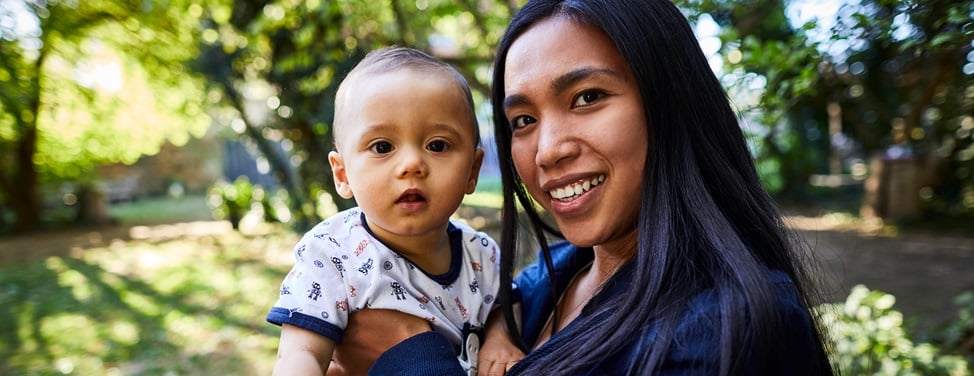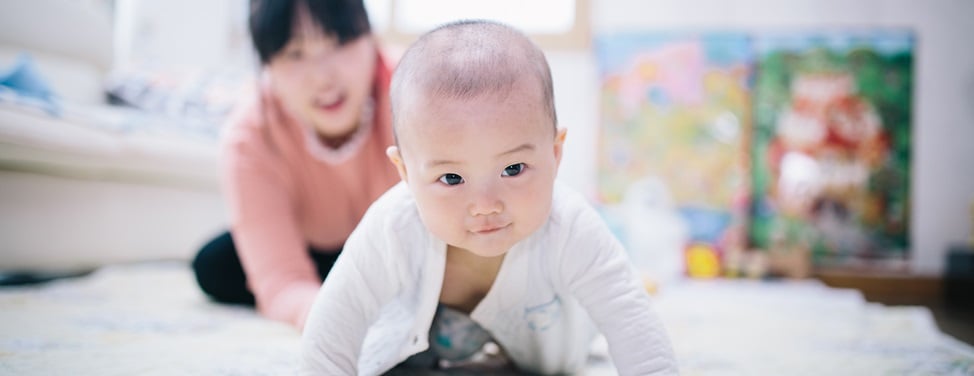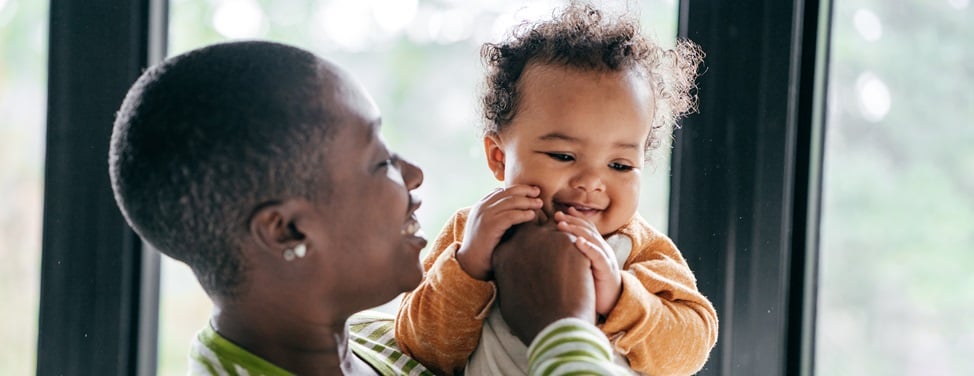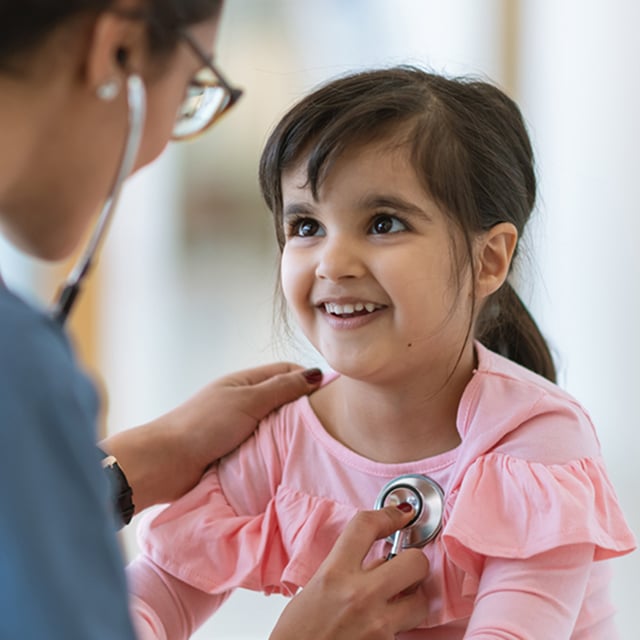Young children explore the world by touching and tasting, so a youngster left unattended for even a moment faces a risk of a poisoning. Parents, grandparents and other caregivers can help prevent poisonings with just a few precautions.
- Baby and child proof the entire house.
- Use child-resistant containers whenever possible. But remember they are child-resistant, not child proof, and they are not a guarantee that your child won't be able to open the product.
- Do not store food products and household cleaners in the same cabinet — it can be confusing to a hungry child looking for food.
- Keep products in their original containers. Do not switch harmful medicines or household products to familiar food or drink containers.
- Anticipate your child's development in advance. Keep harmful medicines and household products out of reach and in locked cabinets, even if your child does not yet seem old enough to access them.
- Never call medicine candy. Do not take medicine in front of a child, because they love to imitate.
- Place all cleaning products, cosmetics and any other potentially harmful substances in very high places that your child will not be able to reach. Remember that children are able to climb up on furniture by 18 months of age.
- Many poisonings occur when a parent or caregiver is using a harmful product. If you're using a harmful product and the doorbell or phone rings or other distractions demand your attention, do not leave the product unattended — take it with you.
- Know the botanical or common name of your household plants, so you will be able to tell the California Poison Control Center the correct name if a child eats any part of it.
- Vitamins with iron, cosmetics, perfumes, cigarettes, alcohol and many over-the-counter drugs are potential problems. Keep all of these products locked up.
- When having visitors, be sure to place their handbags and backpacks up high where your child won't be able to reach them. Children can reach into bags and pull out items such as medicines, pills and lipstick.
- Remember that children are attracted to products in the same way that adults are. If a container is pretty or a bright color, or the contents smell good, there is a greater chance that the child will be curious about it.
- Keep in mind that children are also more likely to get into the wrong things when they are hungry and looking for something to eat. Most poisonings occur around mealtime when the child is hungry and the caretaker is distracted.
For more information or to report a poison emergency, call the California Poison Control Center at (800) 222-1222. The California Poison Control System (CPCS) provides free stickers and other poison prevention materials, which you can order by calling (800) 222-1222 or visiting the CPCS website at www.calpoison.org.




























